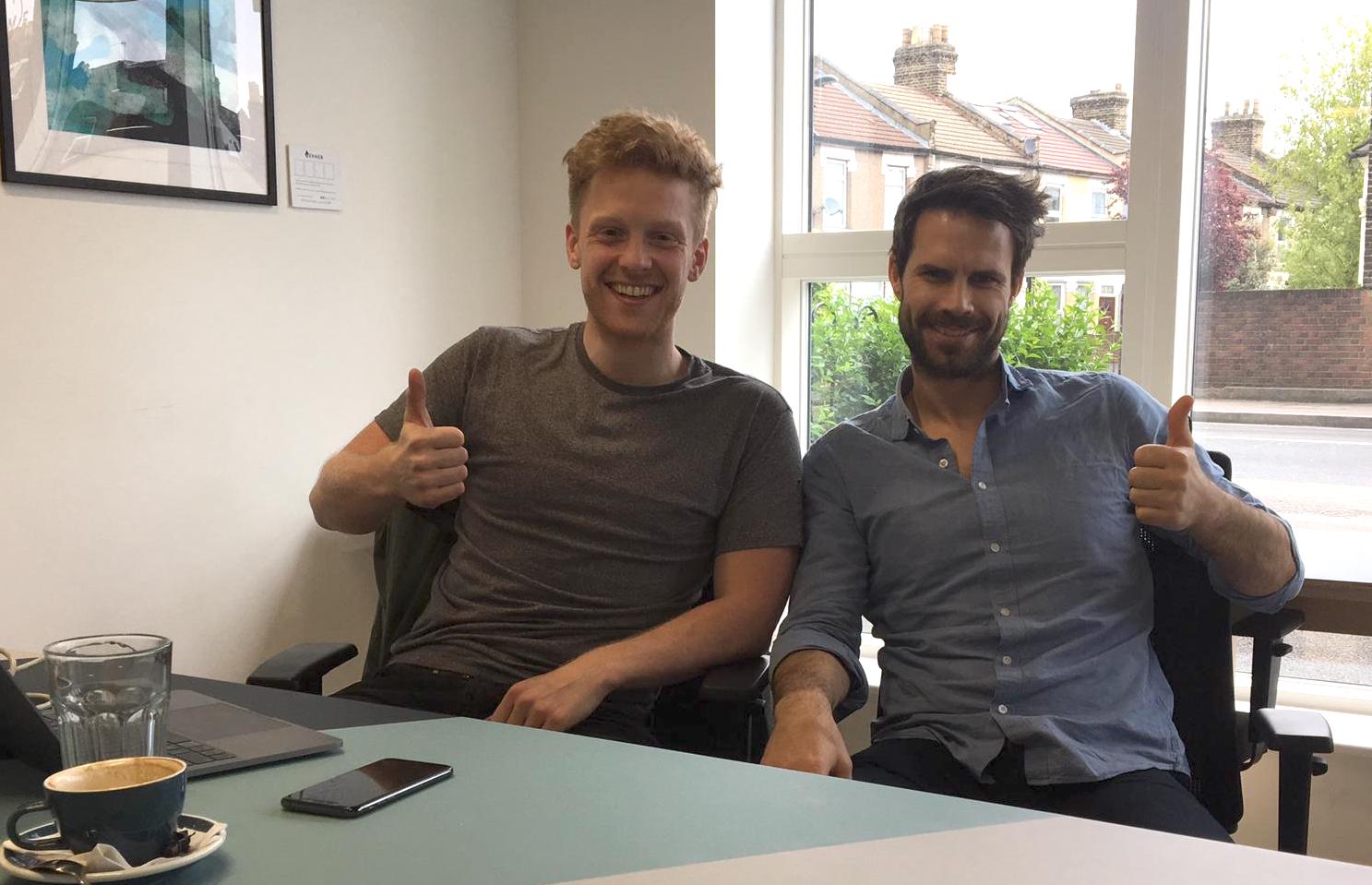Almost a year ago I wrote a post saying that I was on the lookout for my Next Big Thing. Well, I found it!
Back in July 2018 I concluded with “I’m back in the consulting game while I search for the Next Big Thing”. Here’s what happened next.
Things mostly worked out that way, although I quickly found myself back at the Wellcome Trust and due a winning combination of interesting work, great colleagues and an outrageously good office canteen, I ended up staying there until the end of March 2019. I was lucky enough to be mostly working 3 days a week, which gave me some time for tinkering and looking for what to do next.
One of things I got more involved with is a group and a movement called Indie Hackers. I’ve been a fan of Indie Hackers for a while and around this time the Indie London community started a series of meetups. The meetups are an excellent way to get inspiration and meet people working on their own bootstrapped tech businesses.
I really enjoy working with other people to solve an interesting problem, regardless of whether the problem is initially mine or someone else’s.
As you’d imagine the Indie London community has an active Slack group. One of the popular channels is “trades”, a place where you can post what you’re looking for and what you’re offering. Something I learnt from time spent working on Ikono.tv and EmpowerRD was that I really enjoy working with other people to solve an interesting problem, regardless of whether the problem is initially mine or someone else’s. So I thought I’d take a punt and see if there was anyone out there that wanted to work together.
Then this happened:

When I took a look at what Jonny was working on, I realised that it was the same Progression as Progression.fyi which I’d heard mentioned at a Wellcome digital all-hands meeting. The site, a collection of public career frameworks from well-respected tech companies, intrigued me because as a consultant you never have a 1-1 or a framework for benchmarking yourself.
Just before Christmas 2018 we met for a couple of beers, and talked about what we’ve been working on I got a chance to hear a bit more about the background of Progression. Over the next few weeks we figured out a way we could explore working together and begun a 3 month trial period working together 2 days per week. During that time we hashed out the initial data model and built what became the core of the product. More importantly, we got the chance to get to know each other better and understand how we work together.
We had plenty of catch-up points during those 3 months and both felt it was working out really well.Most importantly we established that we were totally aligned on our reasons for building a company and the kind of company we want to build.
A 3 week trip to Japan was a good opportunity to take a step back and think through if we want to go ahead with it.
A couple of days after I got back we agreed to set up shop as co-founders and give it all we’ve got.

An awkward photo of me and Jonny shortly after signing the legal docs.
So what is Progression?
In a nutshell Progression lets you create a career progression framework for your product teams. It gives teams a clear way to define what “good” looks like at different stages in your career. It allows managers to have higher quality conversations with their team around goals and performance. And it gives team members visibility on what they need to be achieving to progress in their careers.
In total our framework content runs to 10,000 words and is based on first hand experience, academic research and conversations with design and product leaders from around the world.
Customers can use our pre-defined skills and frameworks to create a framework that fits their organisation. We’ve deeply defined around 40 skills (for example communication, creativity, vision) across five career levels from associate to director. In total our framework content runs to 10,000 words and is based on first hand experience, academic research and conversations with design and product leaders from around the world.
Why Progression?
At the core of my reasoning as to why Progression is so compelling is this: for any of the “Fortune 5000” to survive the next decade they are going to need brilliant product people. Not just developers but designers, researchers, product managers and delivery. There are nowhere near enough great product folk for every organisation, so keeping your product team engaged and motivated is super important for recruitment and retention.
One of the key reasons people leave their jobs is the inability to grow and craft their careers, this is a problem we think we can help with.
One of the key reasons people leave their jobs is the inability to grow and craft their careers, this is a problem we think we can help with.
So, big, meaningful problem? ✅️ Co-founder chemistry? ✅ Problem / market fit? ✅ There’s one more reason why I was so keen to get started with Progression: a clear and aligned, set of values around how we want to grow the business. Jonny and I met through Indie Hackers and, although we have big ambitions, we are focused on bootstrapped, sustainable growth. We’re self-funded and as much as possible want to keep it that way. There might come a time where we take investment but we view that as a means to an end, with downsides and upsides, rather than an achievement in itself.
What’s next?
We’ve spent the last couple of months building out our beta and we’re at the point now where we’re able to invite the first batch of companies on to the platform. If you’re interested you’ll be in good company we’ve had Monzo, Babylon, Farfetch and Onfido using Progression since our early, janky alpha.
We’ll be spending the next couple of months focused on getting more customers and better understanding how we can help solve their problems around career frameworks. We’re very aware that what we’ve created is our first, best guess at how we can solve this problem so we’re going to be working very closely with our early customers to learn as much as possible.
The last thing for me to say is: if you’re interested in using Progression in your team just drop me an email or jump on our waitlist.
Image credit: Dan Freeman
